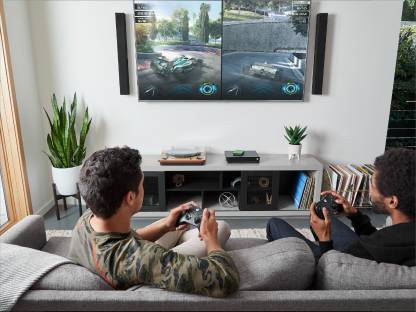All Seagate and Maxtor-brand SATA, ATA, and SCSI drives for desktop computers and laptop (notebook) computers have built-in error-checking capabilities. Over 30% of all drives returned under warranty to Seagate are in good working order, with no problems found. To save the time and hassle of shipping a drive that may not be defective, please test your drive to see if it really is defective.
The first step to test a drive:
Warning: You should backup all of your data before running tests.
Please download and run SeaTools for Windows from the Seatools download page.
The tests in Seatools will indicate Pass or Fail. If the drive fails the test, please begin the replacement process at our Warranty Services Page. If the drive fails the test but is out of warranty, you may continue to use it as long as you can, but remember to keep a full backup of your data at all times.
Seatools will test your S.M.A.R.T-compliant SATA, ATA, or SCSI disk drive for media defects, perform a read test and physical head test, and ensure the hard drive is functioning correctly.
If all the tests pass (no trouble found), the problem will be due to a different component in your system.
You can test your drive with CheckDisk. Document ID: 184611 - How to use CheckDisk.
Confirm all settings for hard drive jumpers, cables, and ATA, SATA, or SCSI controllers, as well as the operating system. Consult your host controller (motherboard) documentation or system manufacturer for assistance with SCSI termination or ATA / SATA controller capabilities.
Further notes:
-If the BIOS does not recognize the drive, or the drive does not spin up, Seatools will also be unable to detect the drive.
Here are some very useful tools to begin the troubleshooting process. If the drive becomes detected later, you can then test it using the steps in the article above.
- The Serial ATA troubleshooter
- Document ID: 168595 - The BIOS does not detect my SATA or ATA hard drive.
- SCSI Drive Troubleshooter
-The operating system will not assign a drive letter to a drive that is not formatted and partitioned. If you need help with formatting, please see Document ID: 220151







